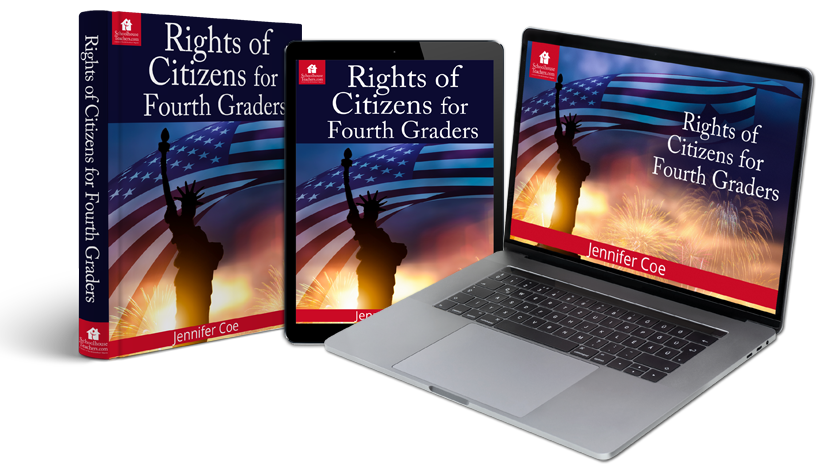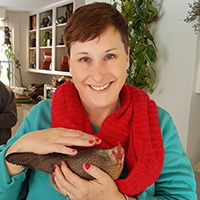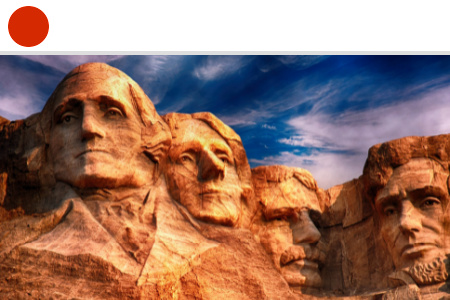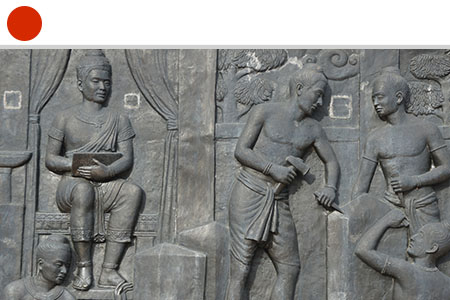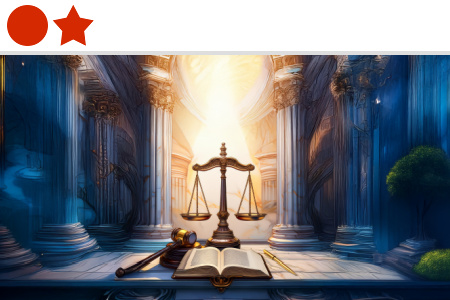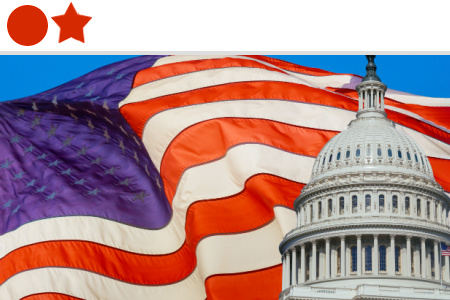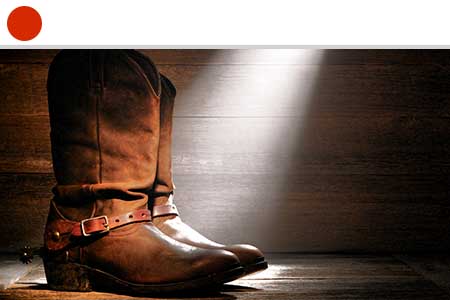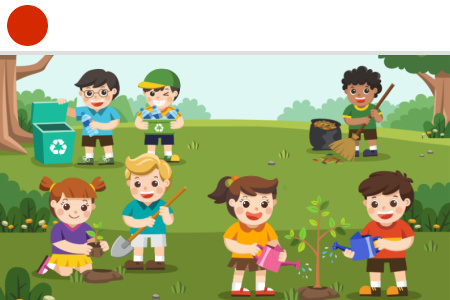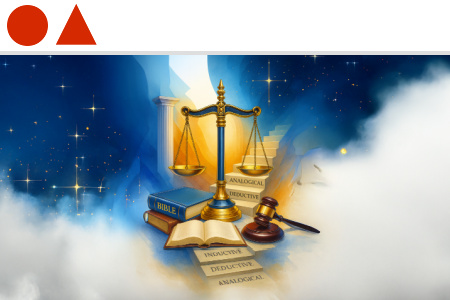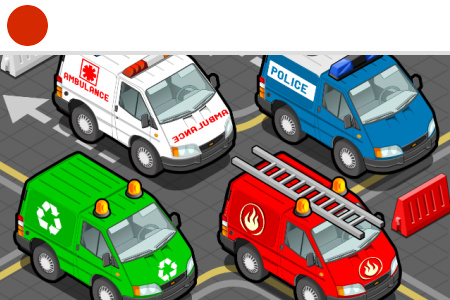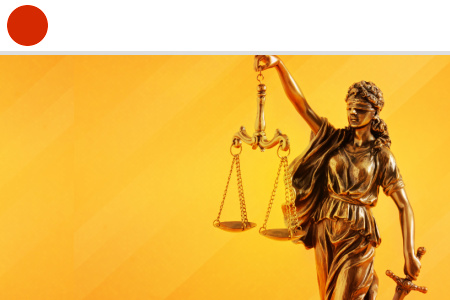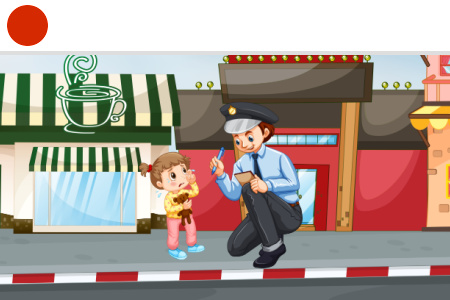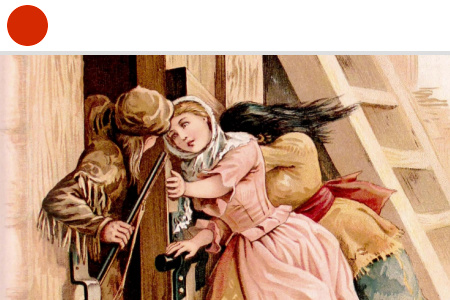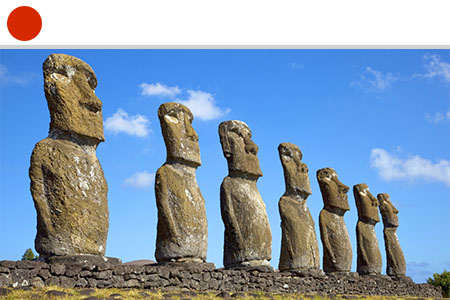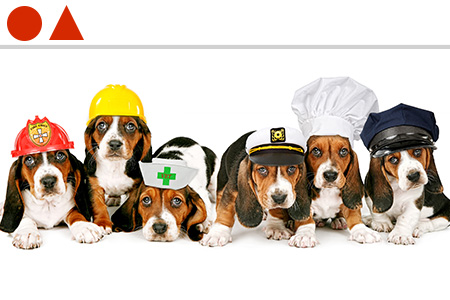Course Sample for Rights of Citizens for Fourth Graders, Our Homeschool Course About Rights and Responsibilities for Kids
Rights of Citizens for Fourth Graders
By Jennifer Coe
In our world, we are surrounded by machinery. The computer you play video games on, the telephone you call a friend on, and the car your parents drive to take you to the places you want to go are all machines. Inside each of these machines are hundreds of pieces that make it work—wiring, spark plugs, cogs, gears, and the list goes on. When your mom puts the key in the car, you expect that machine to work so it can take you where you need to go.
Our government and our communities are similar to a machine with many different working pieces that operate quietly and accomplish what they are supposed to.
In this course, we will be discussing several topics, including:
- How our leaders are elected in our country
- How they are chosen in other countries
- Our state government
- The roles of those elected to the state government
- What a community is and where you are within in
We will also be discussing The Declaration of Independence.
In each lesson, there will be:
- A reading section*
- A hands-on section
- An opportunity for further research
- A quiz and answers
*If you have a child that does not like to read, or has reading comprehension issues, feel free to read these lessons to them. They are written in a conversational manner for that reason. Try and do some of the challenge assignments and reading options; they make a big difference in understanding!
**SchoolhouseTeachers.com note: Parents should closely monitor children’s use of YouTube and Wikipedia if you navigate away from the videos and articles cited in these lessons. We also recommend viewing the videos on a full-screen setting in order to minimize your students’ exposure to potentially offensive ads and inappropriate comments beside or beneath the video.
How Leaders Are Elected in the United States
The United States is a democracy. We elect our leaders to represent us at the government level. By doing that, we attempt to make sure that the things that matter to us are discussed with those who make the laws for the people.
It all started over three hundred years ago when Americans decided not to be ruled by a king (the English king, actually). When you are ruled by a king, you are living under a monarchy—there is no voting, and you and your neighbors do what the king says . . . or else!
When American colonists decided to be a democracy, they were choosing a government where everyone who lives in the United States would be able to choose who ran their country. They would find people who could represent them and their concerns.
Say you are a farmer and you are worried that someone is going to make seed too expensive for you. You would tell your elected representative, and they would fight for your right to be able to afford seed. They may even propose a bill that would keep the prices low. Under a king, the prices would be set, high or low, with no concern about what you thought.
Voters in each of the 50 states elect people to represent their interests in both the Senate and House of Representatives. This is called an indirect democracy.
Please watch this video, “Democracy – A Short Introduction.”
https://www.youtube.com/watch?v=u6jgWxkbR7A
Locally, in your town, people are elected to hold positions too.
Your town probably has a mayor, a Board of Education (the people who make sure the schools are doing everything they should) and a town council (the people in charge of where things can be built in your town, making sure the schools and libraries have enough money, and making sure the roads and bridges are secure). All these people are voted for.
Every few years, your parents will have an opportunity to cast a vote for the person they want in these jobs.
So, it matters who you vote for!
Once you turn 18, you will have the opportunity to vote in elections too. Before you go to a polling place (where votes are collected), you should know about the people you want to vote for.
- What do they believe is important?
- Where do they think changes need to be made?
- Do they support the things that are important to you?
Regarding the Presidential Election
Something important to remember is that when you vote for the president, every state sends representatives called electors to cast their vote for the president. The number of electors a state has is based on how many people live in that state. For example, Connecticut has 7 electors while California has 55. So, you are not voting for your president directly; you are deciding which person the electors will vote for. This is another example of why we are considered an indirect democracy.
Here is a short article about what it felt like for various students to vote for the first time during the most recent (2016) presidential election.
https://www.nytimes.com/interactive/projects/cp/opinion/election-night-2016/voting-for-thefirst-time-in-2016
Check out this video on “How to Become President of the USA.”
https://www.usa.gov/election?source=kids#item-213546
Fun Fact!
Did you know that at the time of the first presidential election, people either believed in uniting several states together into one nation (the USA) or they believed that each state should be on its own? You were either a Federalist (for a united group of states) or an Anti-Federalist (against a united group of states).
For Further Reading:
Scher, Linda. Candidates, Campaigns, and Elections. New York City: Scholastic Publishing. 2004.
St. George, Judith. So You Want to be President? New York: Scholastic Publishing. 2004.
Challenge Assignments:
- Pretend you are running for president of the United States. Using a full-size poster board, create a campaign advertisement for yourself. On the poster, show a picture of yourself and tell people why they should vote for you! (Example: “If I am elected, I will serve more desserts and pizza!”)
- Run a pretend election with your friends/homeschool class/family. Make a list of jobs that need to be filled (dinner maker, toilet scrubber, toy picker upper, board game player, duster, video game player, etc.), a ballot of people to vote for, and a ballot box for secret voting.


